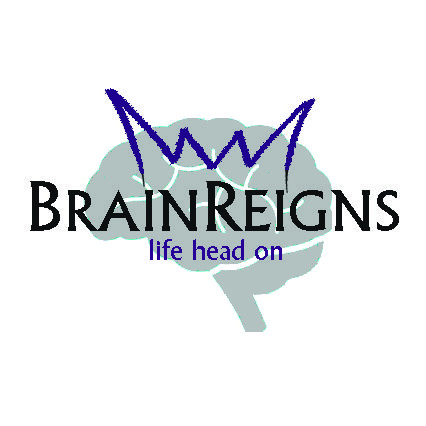Did you know an injured brain can affect mood, as well as, overall health?

“I have mood poisoning. It must have been something I hate.” Not necessarily.
As a consequence of brain injury, there are innumerable reasons why our mood might be off.
Brain, heart, gut, and overall health are all interconnected. This means one affects the other and each can affect our mood causing mood poisoning.
When there has been a brain trauma it’s probably normal to first attribute mood poisoning to the trauma because brain injury can strongly affect emotions. However, there are plenty of other reasons why we might struggle with mood after a brain injury: trying to recover while still responsible for maintaining income and household; managing medical appointments, insurance, & bills; worrying about how the new situation affects family and future; managing side effects of medications, and more…
Further, we usually receive excellent treatment for our injury, but may have little to no information about what to expect in the coming weeks or months, or longer! There may be some huge surprises for which we are not prepared.
Until we are faced with consequences of a brain injury, our own or a loved one’s, we probably haven’t given much thought to how much our brain controls all daily functions. Over 100 billion nerve cells, each connected to around 10,000 other cells, totaling around 1000 trillion connections make up our brain! (according to https://www.disabled-world.com/health/neurology/brain/bfa.php ). Different parts of the brain have specific functions but work together. Connections, pathways, signaling – this communication between the cells will be altered to some degree by an injury. Location and severity of the injury will determine how the person will be affected.
It is important to know that a ruptured aneurysm or the treating of an unruptured aneurysm, is trauma to the brain and there are things that may speed recovery.
Remember, the brain injured person, as well as the injured brain, both need healing.
Our brain, which stores our memories, influences our skill set, abilities, personality, behavior, concentration, perception, understanding, and emotions, is what makes each of us unique. An injured brain, which no longer functions the same way it used to, is probably going to change us to some degree. The struggles and challenges can be overwhelming to someone whose brain no longer processes stimuli or information normally. Extreme neuro and physical fatigue is common; many ordinary situations are harder to handle; uncertainty about what will get better and what will not is stressful. All this can cause anxiety, depression, or mood swings.
An injured brain needs every advantage possible for healing. The person also needs our understanding and help in every way possible. Fortunately, there has been much research regarding health, healing, and protection for the brain, and fortunately, much of it is posted online. Finding and sorting out the research and professional advice can take a lot of time. After four years we are still learning about things we wish we had known from the beginning.
Soon, we will be sharing our favorite websites and other resources regarding brain health in hopes it will help others like us who are trying to get back to normal – or trying to improve the new normal and/or mood!
To start, if you haven’t already seen this YouTube video, watch it:
Dr. Axe on YouTube talking about Top 10 Brain-Building Breakthroughs

 Alopecia From Radiation
Alopecia From Radiation